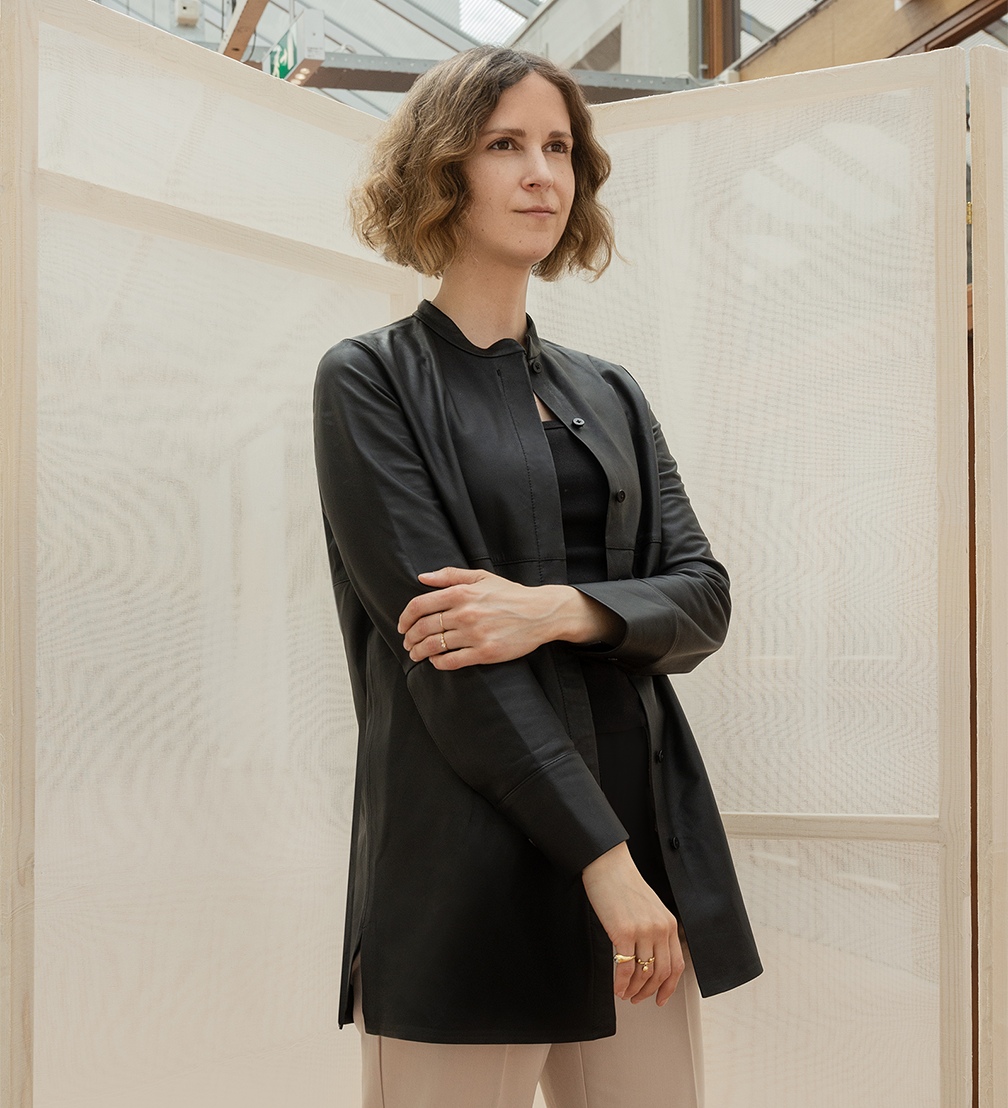
As natural resources continue to deplete, virgin materials will gradually become a luxury we can no longer afford. Designer Sarmīte Poļakova, who leads the material design and research atelier Studio Sarmite in Frankfurt, is exploring ways to transform production remnants into sustainable products. She is convinced that by changing our negative perception of waste, we can better harness its potential to become something new.
Sarmīte’s desire to create meaningful design that inspires change began while studying at the Art Academy of Latvia. «After completing my bachelor’s degree, I had doubts about what I, as a product designer, should create. It seemed that the world already had enough chairs and furniture. Artificially creating and solving «functional problems», an approach taught in design schools, didn’t resonate with me,» says Sarmīte. She found a learning environment that matched her vision at the Design Academy Eindhoven, where she became more interested in how products are made and where their origins can be found.
Sarmīte created her first material in 2015, even before deciding to specialise in this particular field. PineSkins, made from surplus wood industry materials, was her master’s project in Eindhoven. The leather-like material was created using pine bark, which was softened and processed. Sarmīte points out that pine is a driving force in the wood industry, so finding ways to use the large amount of industry surplus, in this case bark that is usually burned, is essential. «After my studies, I developed a continuous interest in materials, and the project continued to live and grow before I even knew which professional field I wanted to pursue,» notes the designer.
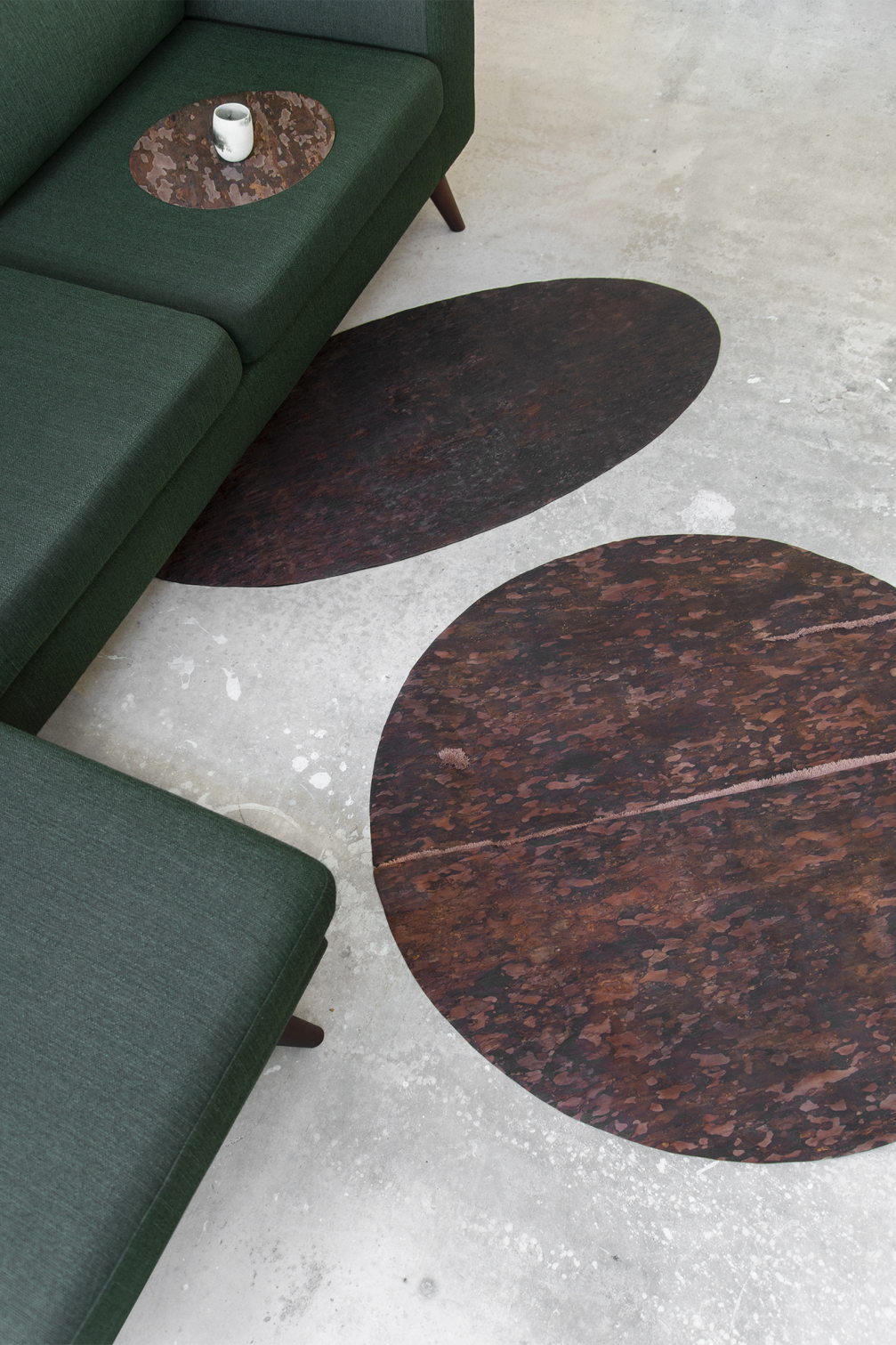
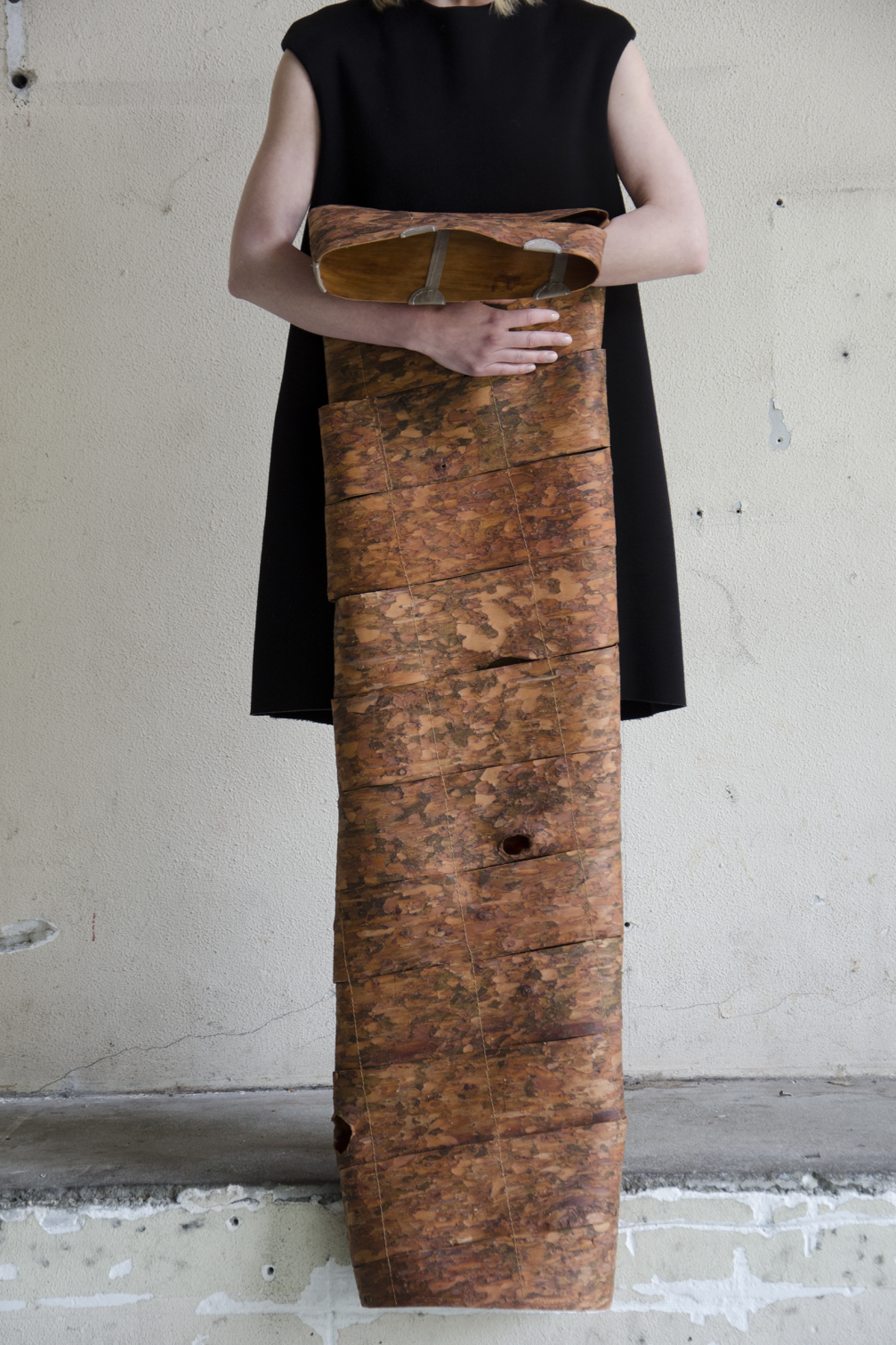
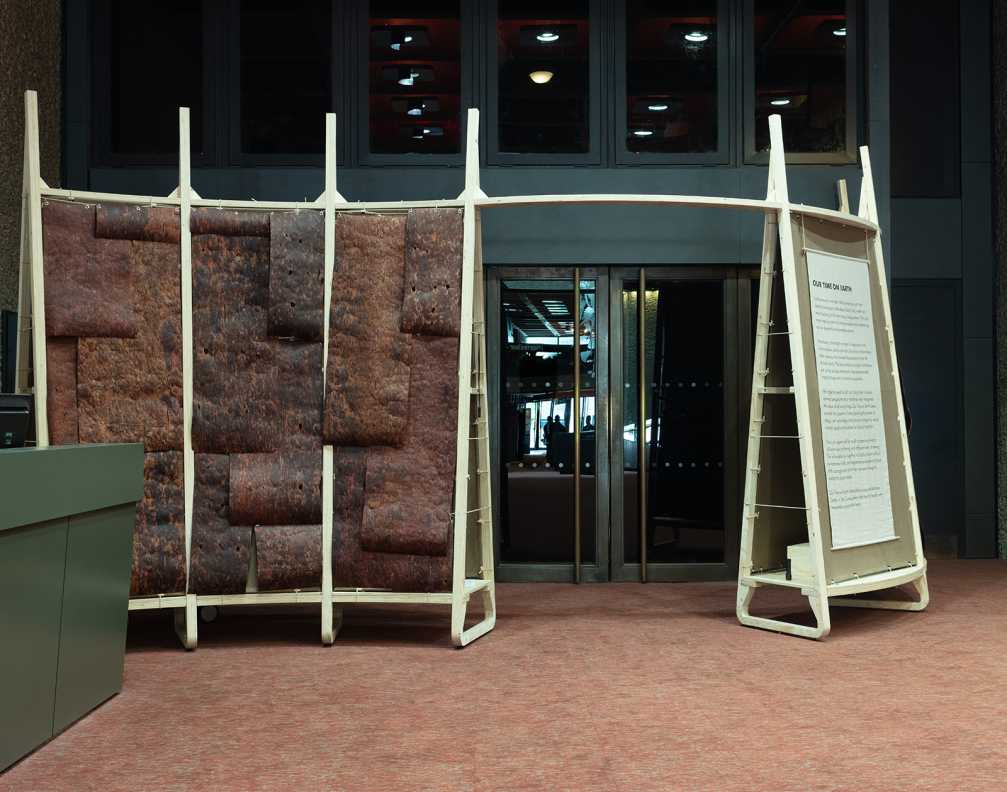
Sarmīte’s approach to design is intuitive and playful — when starting a project, she doesn’t focus on the end result but allows the process to guide her. «The moment comes when all experiments and ideas fall into place, and there’s an «aha!» moment. Then I start in-depth research and seek specialists who can help develop the idea into a functional material,» she explains. This creative and practical approach allows her to view materials in a broader context, similar to an ecosystem. For example, working on PineSkins led Sarmīte to find ways to use other parts of pine trees that are not used by the industry. This led to the creation of PineResin, a composite material made from resin and woodchips dyed with natural pigments. This ceramic-like material can be used to create various interior objects.
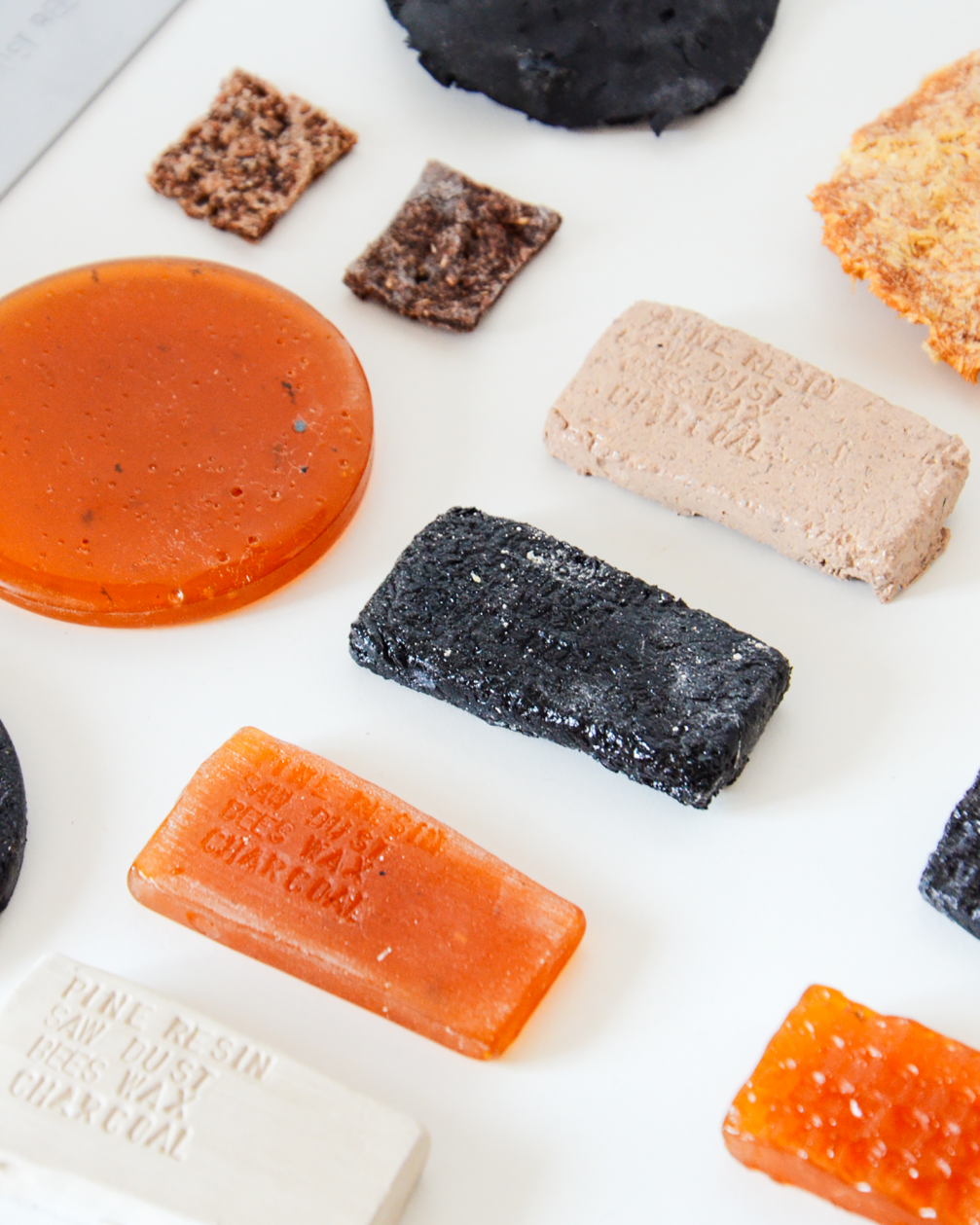
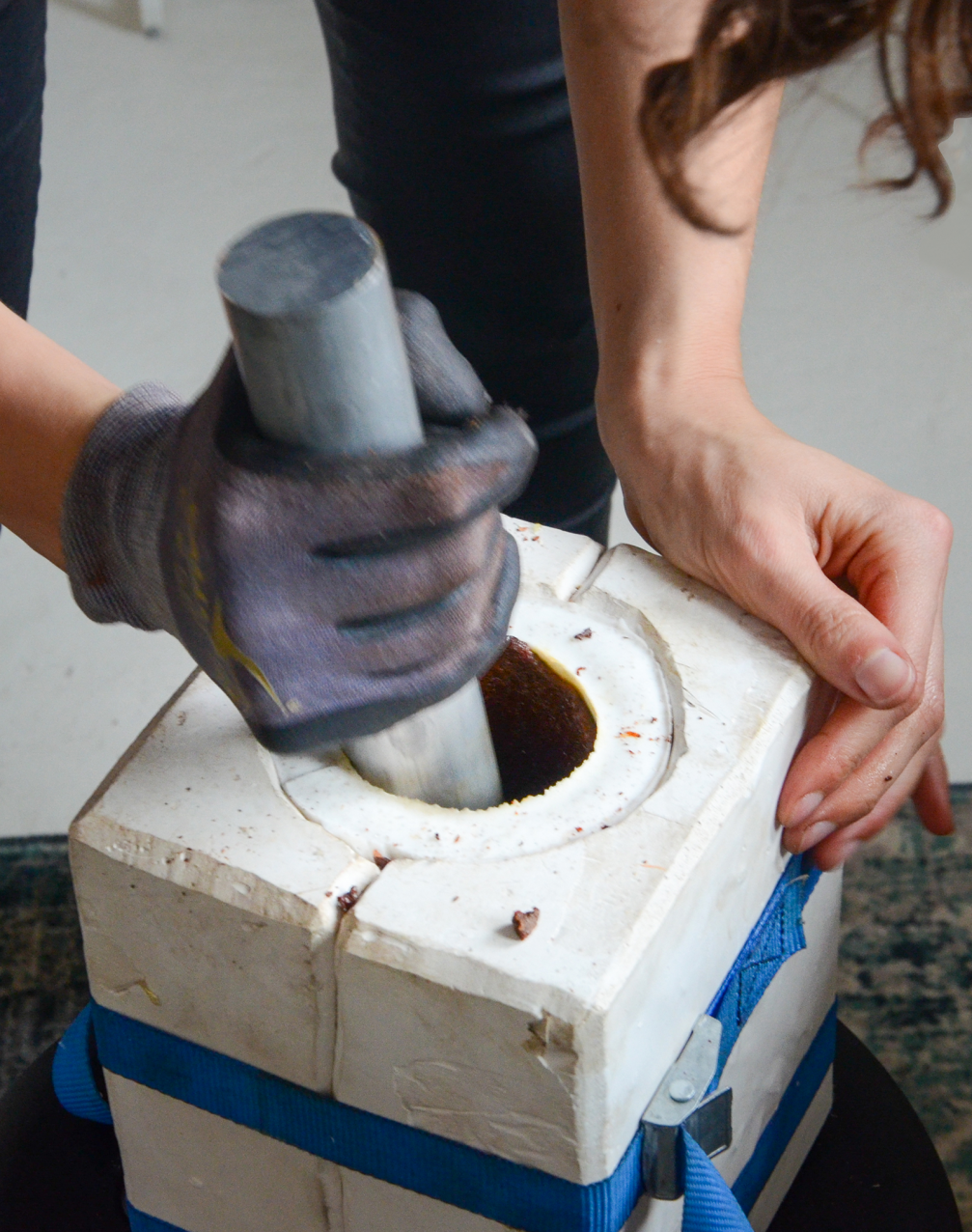
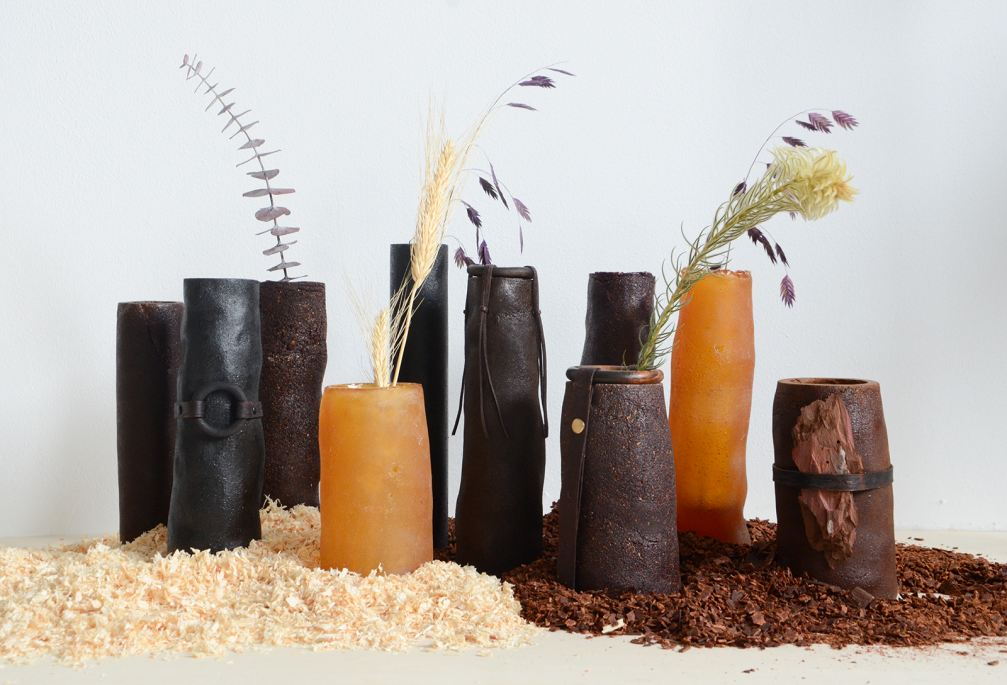
Sarmīte emphasises the importance of assessing the life cycle of materials and products and considering them in a broader context. «Through materials, I can create new narratives. For example, maybe we don’t need so many long-lasting materials, but instead, we should create ones for a specific period. During this time, we increasingly desire for plastic to not last as long,» she points out. An alternative proposal for the product life cycle is also the basis of Studio Sarmite’s latest project, Pre-Loved, created in collaboration with designer Māra Bērziņa. Using unique manufacturing technology, the designers create non-woven textiles from non-recyclable textile waste and manufacturing remnants. At the end of the usage cycle, the Pre-Loved fabric can be decomposed so that its fibres can be reused. The dyeing process for the fabric is also cyclical — together with natural pigment specialist Roua Alhalabi (Roua Atelier), Sarmīte developed a process that allows for the reuse of pigments and avoids waste dyes. The technical research on the material also involved collaboration with the Department of Polymer Materials Technology at Riga Technical University. Sarmīte reveals that there is significant interest from manufacturers in Pre-Loved, and the next challenge is to find a way to start fabric production. Part of the process has already been industrialised through cooperation with a factory in Germany, but some parts of the process are still manual.
Alongside her work in her studio, Sarmīte helps companies redefine their production processes and explore possible ways to use production waste. «We live in a time when we are used to choosing resources from store shelves according to our preferences — everything we are interested in is readily available. However, there will come a time when this will no longer be possible, and we will have to use what is available,» says Sarmīte.
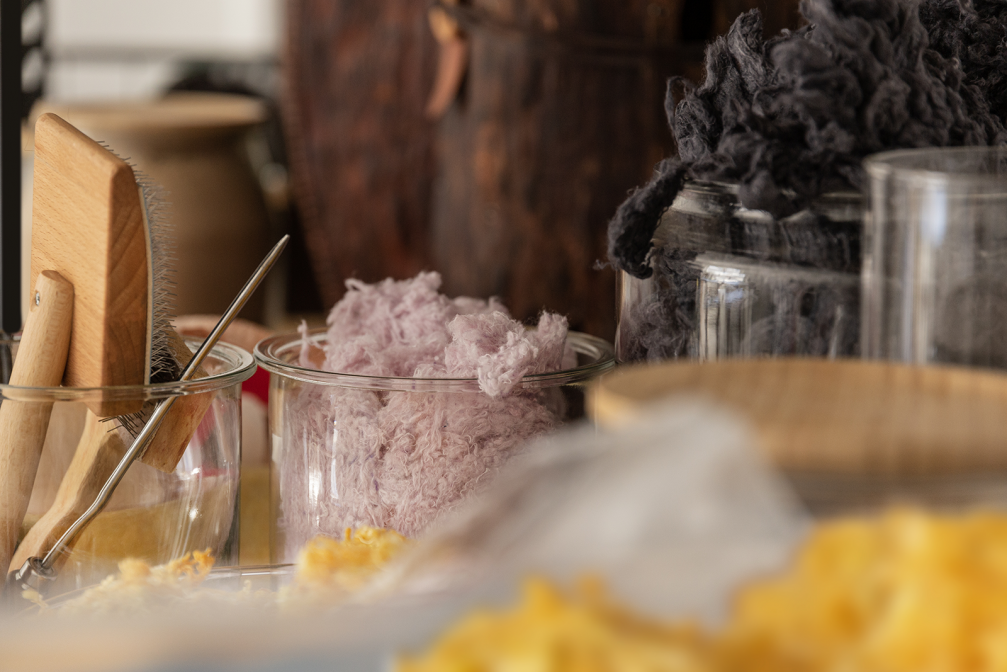
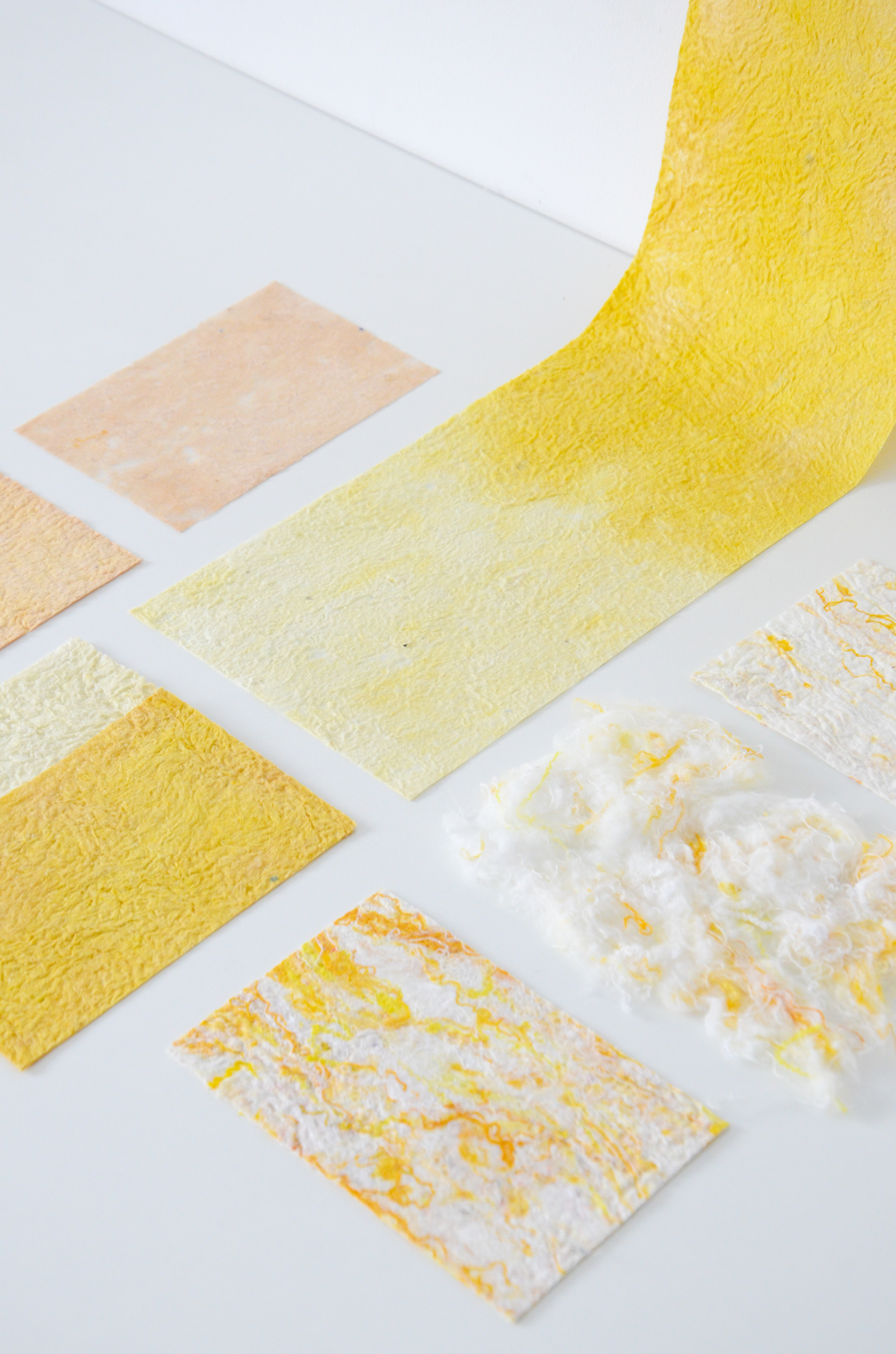
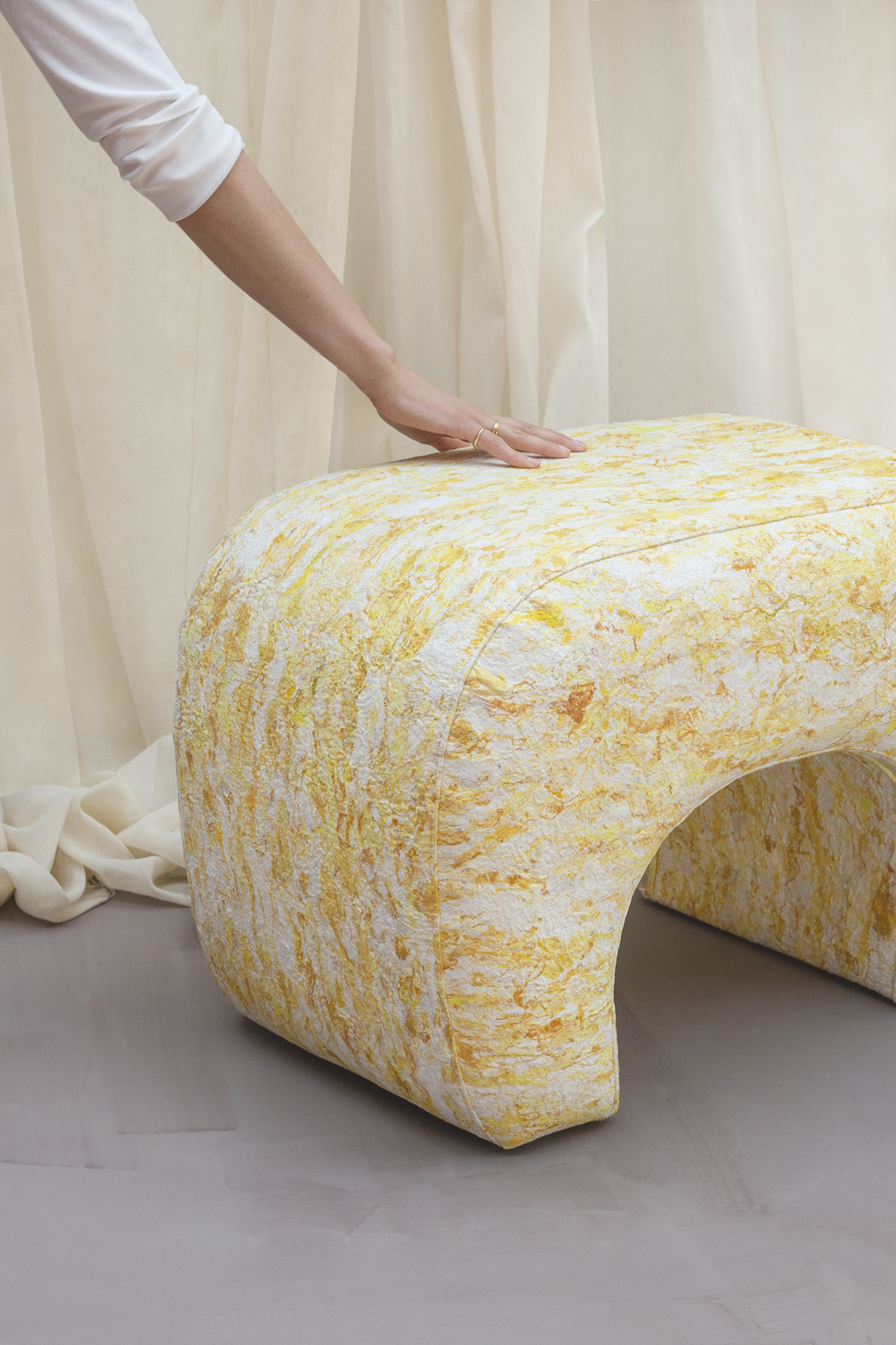
Sarmīte stresses the responsibility of designers to create meaningful and sustainable solutions. She also teaches that to future professionals. At the Architecture and Design Department of the Technical University of Munich, she works as a material specialist, and at the Art Academy of Latvia, she teaches product design. She also offers online courses for those interested in material design. Sarmīte emphasises that aspiring designers need to be able to define tasks for themselves: «Design and production increasingly focus on sustainability, circularity, and improving the production process. As designers, this gives us the opportunity to highlight imperfections in processes and turn them to our advantage.»
For more information about Studio Sarmite’s materials, visit the studio’s website. You can also follow Sarmīte’s creative work on her Instagram account.
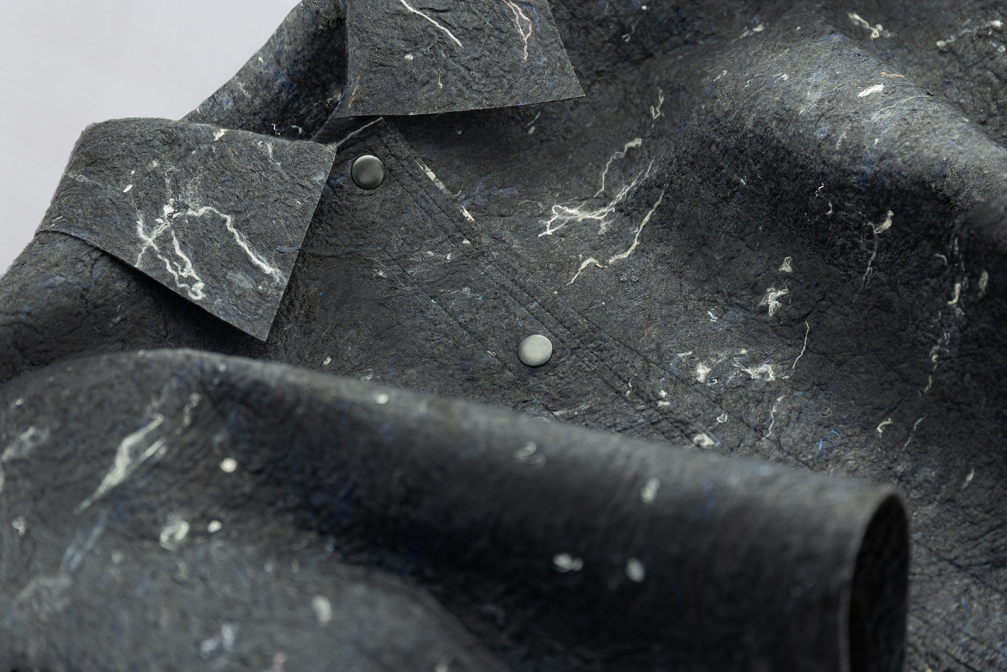
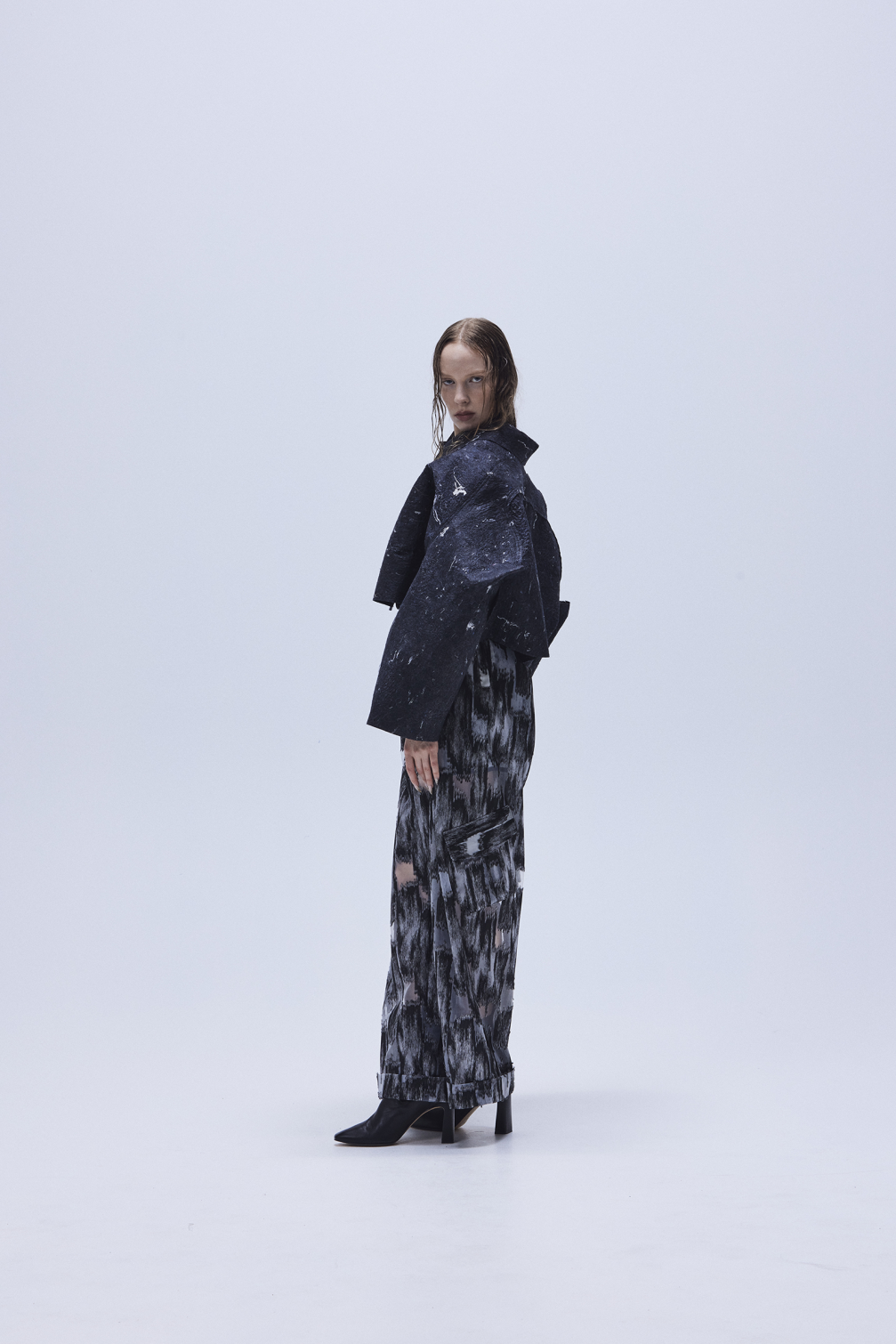
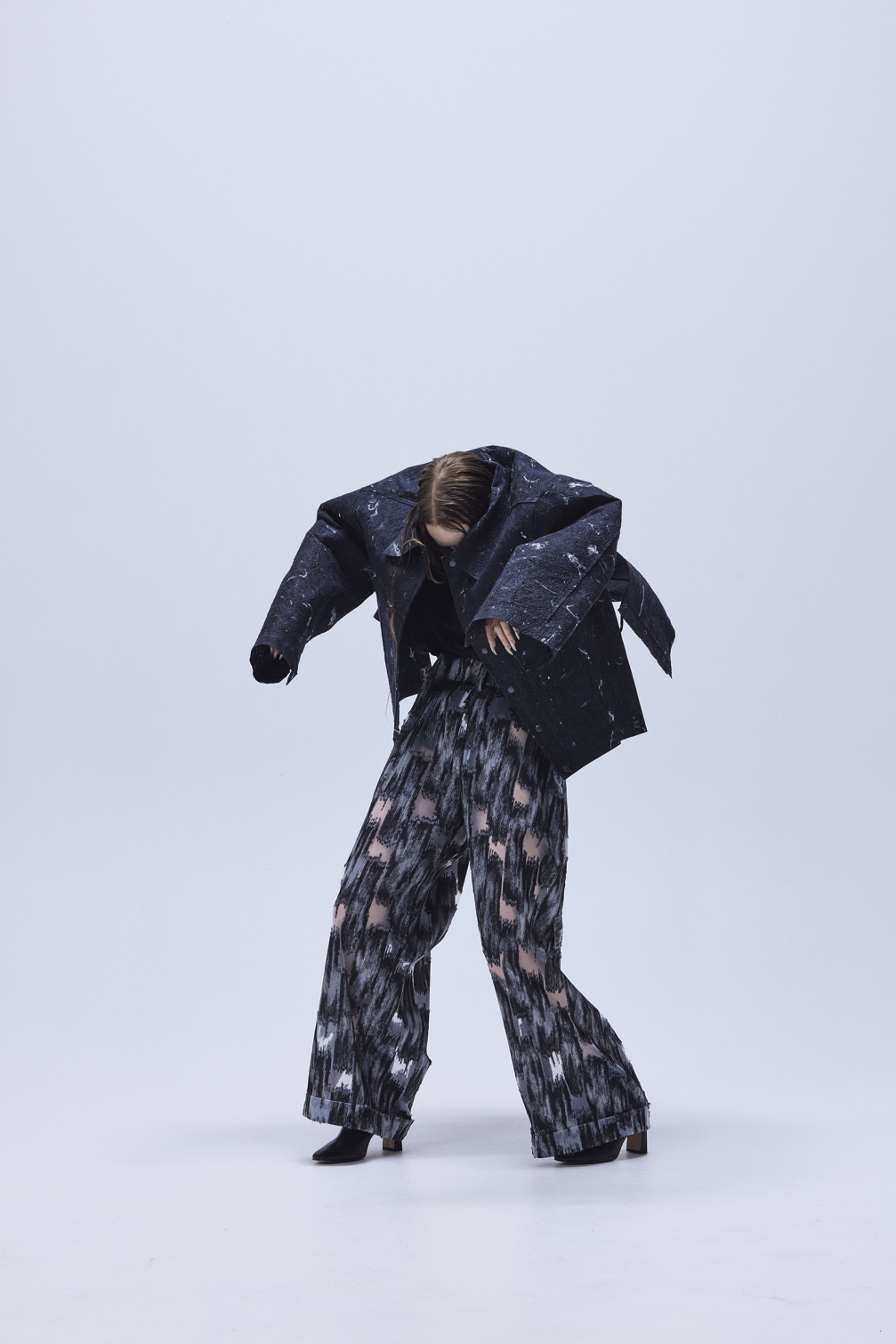
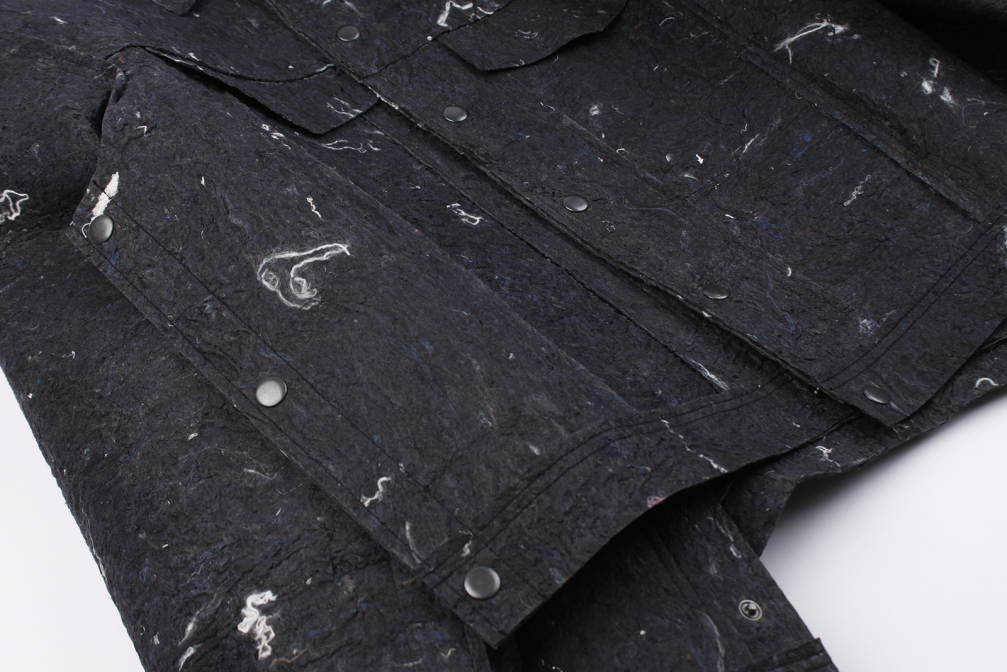
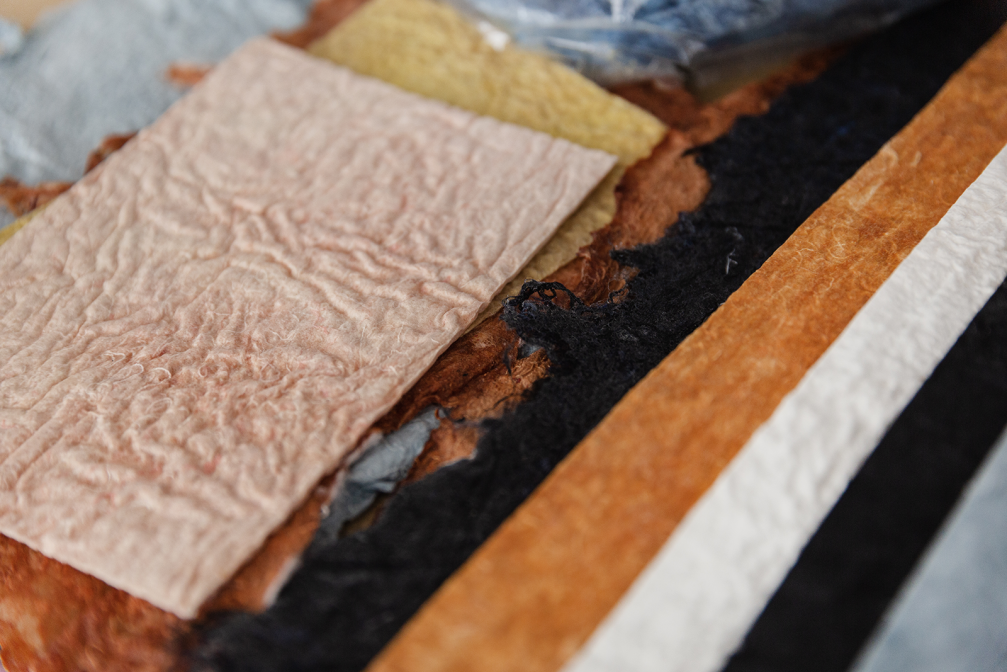
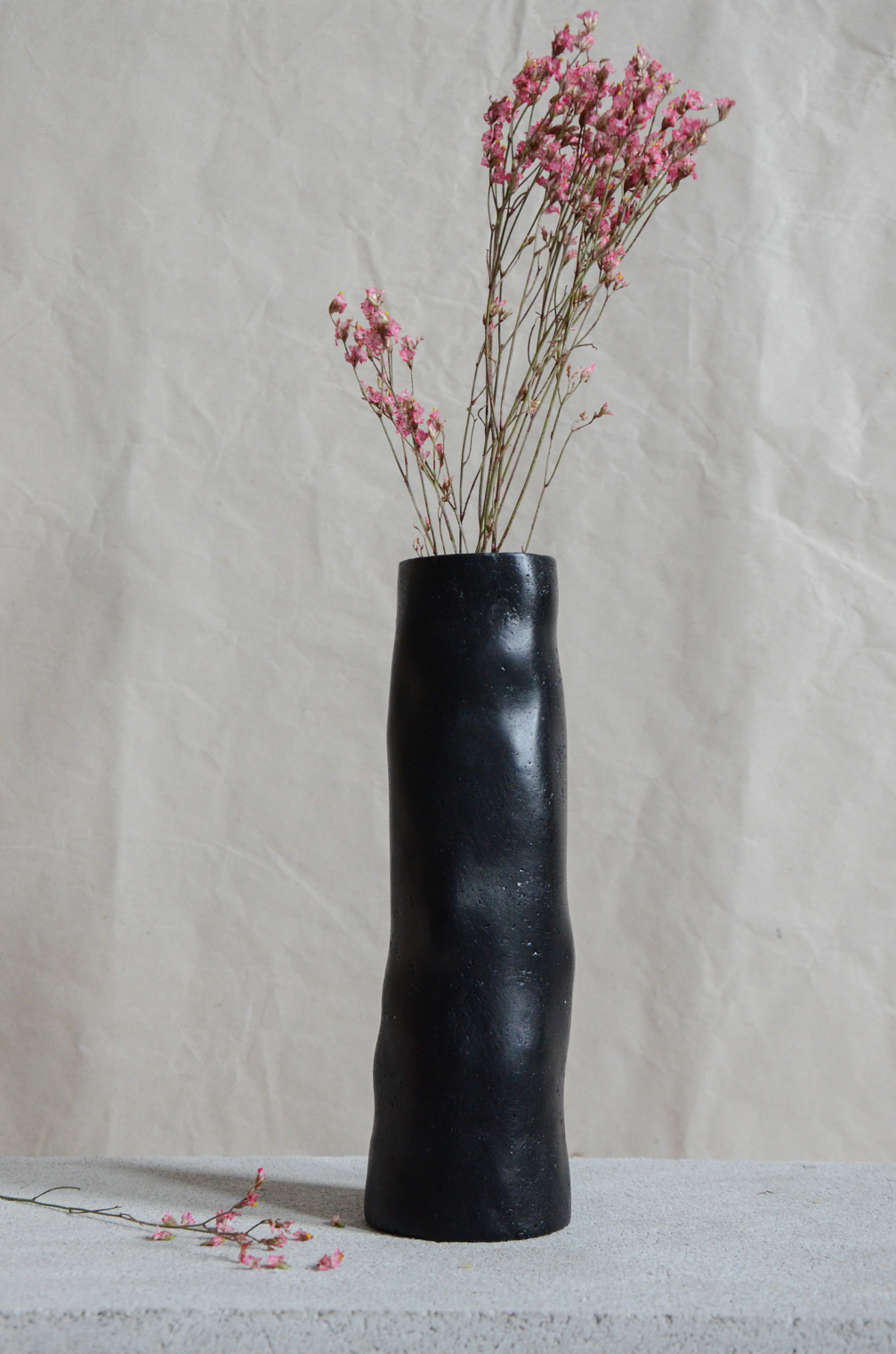
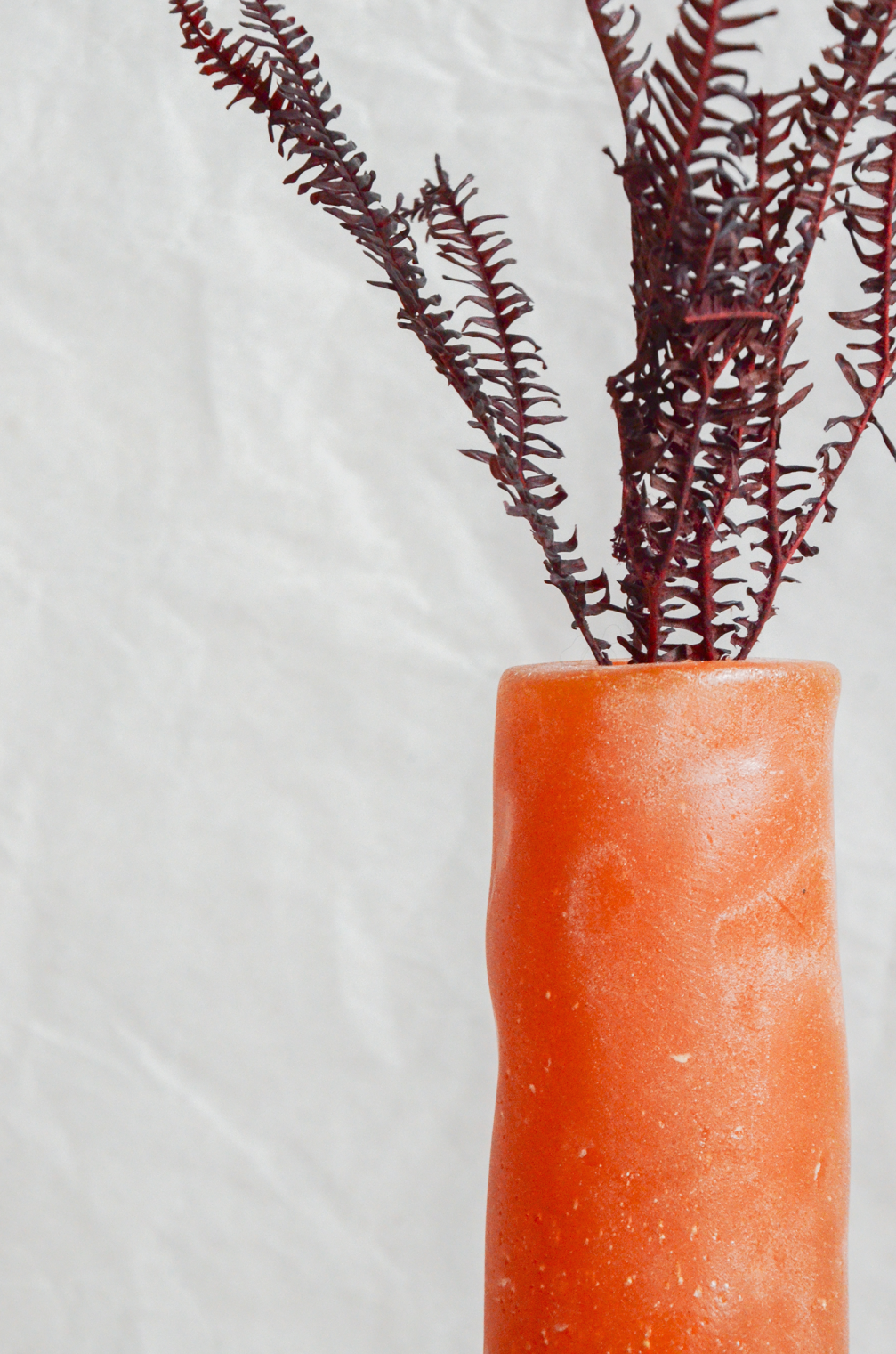
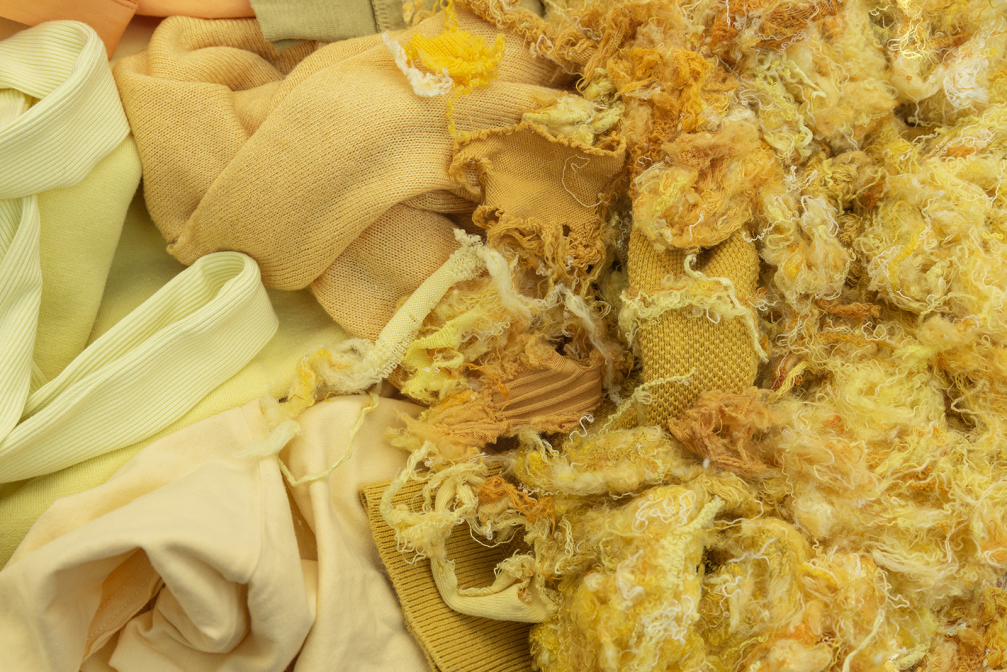
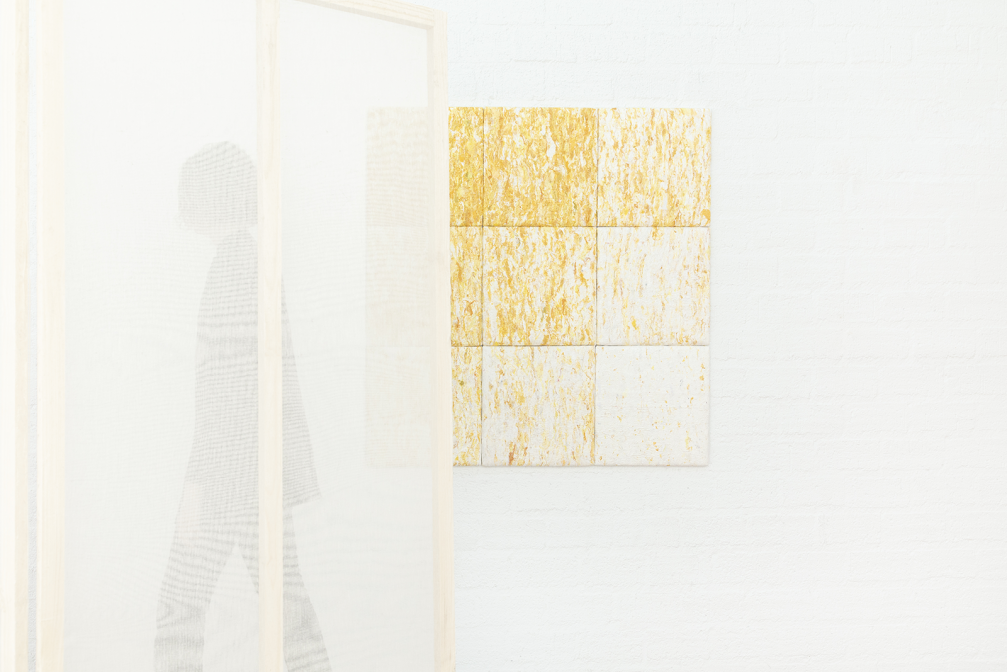

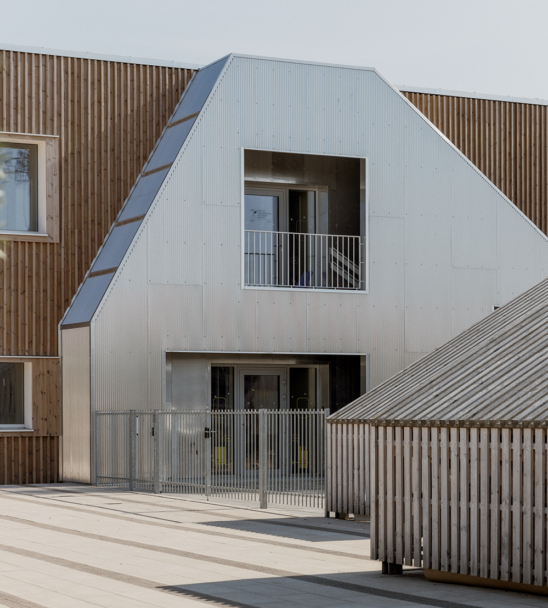
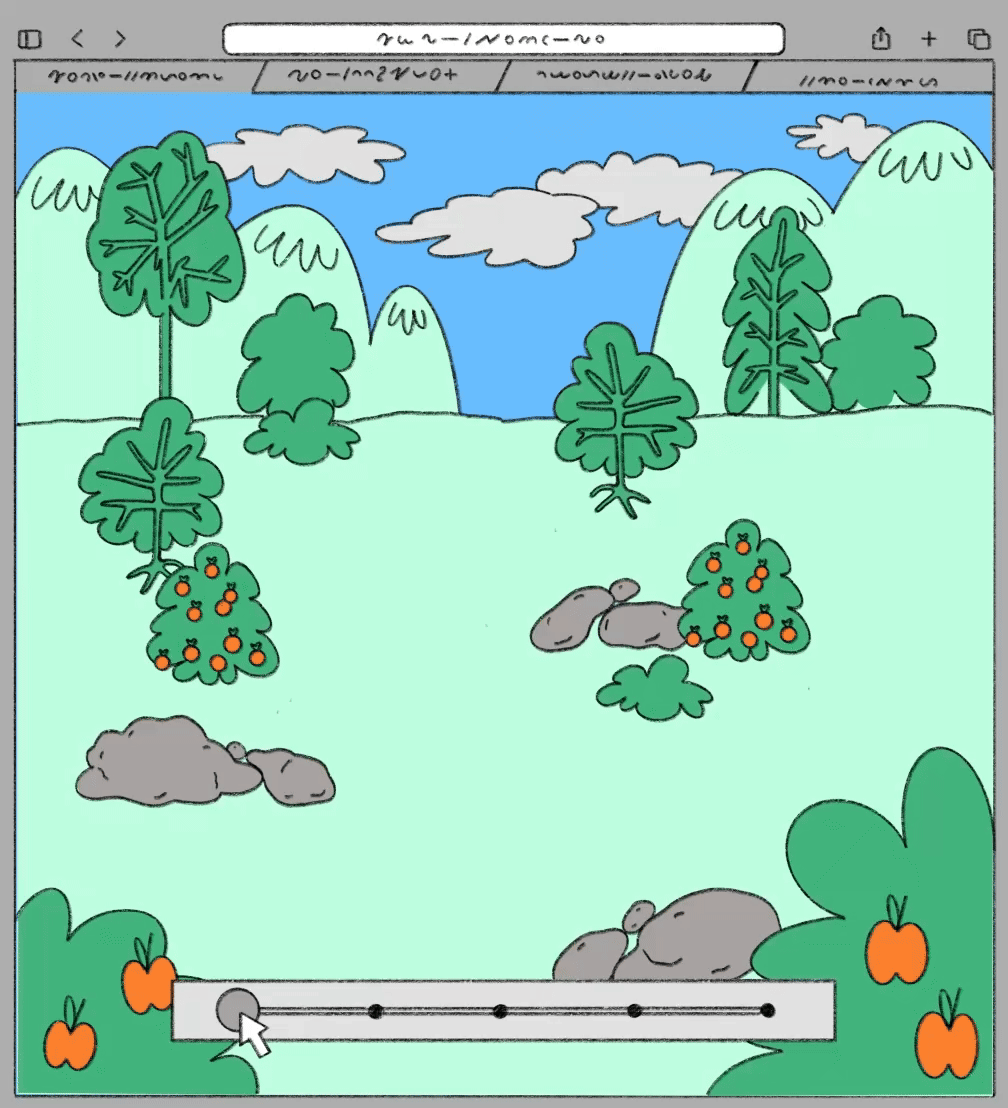
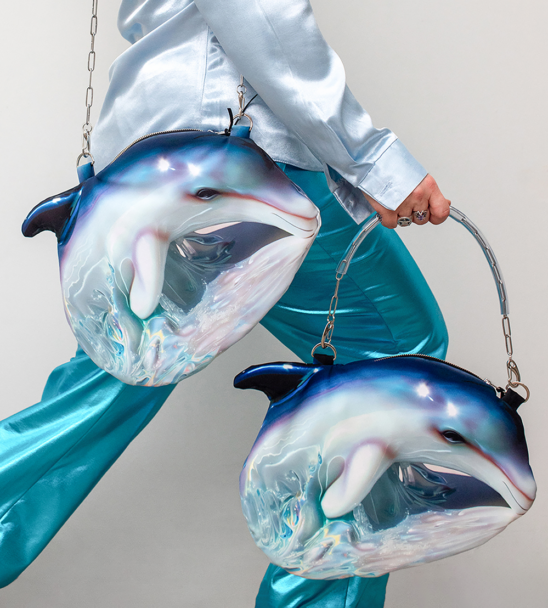
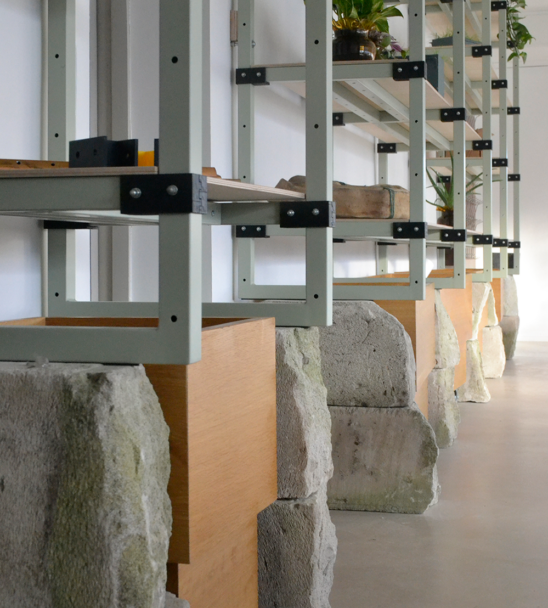

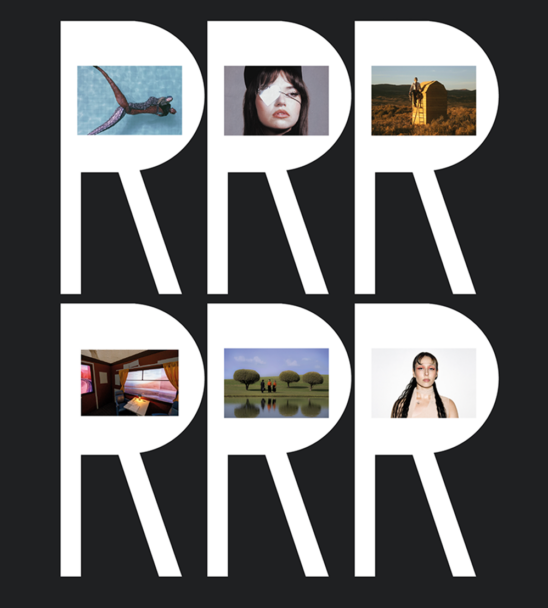
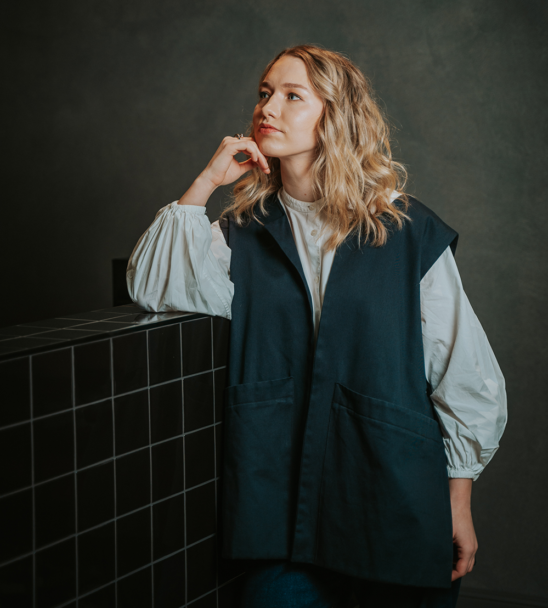

Viedokļi